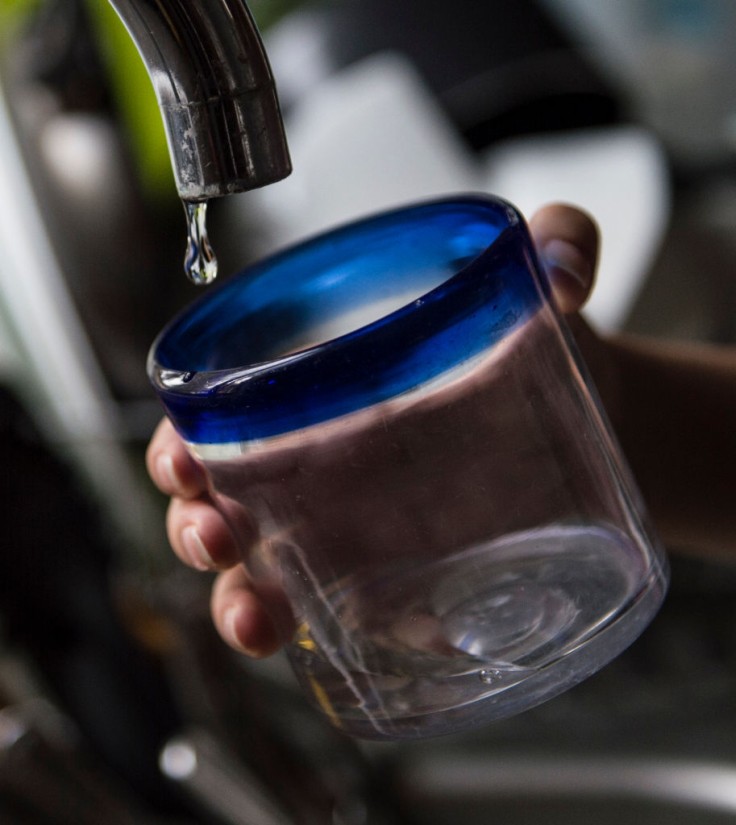
Parents have various options of what water to use and how to prepare it when mixing baby formula milk for their babies. Water option ranges from the tap, fluorinated, well, or bottled water. There are various factors to consider which kind of water to use.
Tap water
Tap water should be boiled for a minute in a pan with a cover, then allow it to cool with the lid on the pan, as per Dr. Tye Winters, pediatric residency director and medical director of Overlook Medical Center Pediatric HealthStart Clinic, in an interview with Today Parents.
The process should be done for babies within the first three months of age or for premature infants born before 36 weeks of gestation.
Although water from a public source in the U.S. is of relatively high quality and can be used for mixing formulas, Dr. Hillary O'Boyle, a pediatrician in Richmond, advises parents to make sure their water comes from a safe source, as defined by the county health department or state environmental agency.
Well water
Health experts advise against using water from the well for baby formula milk as it may contain bacteria that can lead to life-threatening infections, especially for babies with underlying conditions. Instead, they recommend using distilled or purified water.
However, suppose well water is the only water source. In that case, parents must exercise caution and have the water regularly tested for nitrates, copper, mercury, bacteria, viruses, lead, aluminum and selenium, and ammonia, WebMD recommends.
Some wells have high nitrate concentrations. Nitrates come from fertilizers, and then it seeps into the ground. Babies ingesting nitrates are at risk of methemoglobinemia. Boiling water could not remove the nitrates. If the well water is safe, it should be boiled before use.
Bottled Water
Any bottled water can be used for mixing formulas. Options range from purified, distilled, deionized, and demineralized water or are prepared using reverse osmosis. Bottled water is the best way to ensure that the water is safe, and it also has the advantage of not having fluoride.
Regular bottled drinking water should be boiled before use, like tap water. Distilled or purified water can be used even without boiling.
Doctors recommend two safest options for water - boiled tap water that has been cooled at room temperature or bottled water. If tap water is the primary source of drinking water, experts recommend using bottled water occasionally to reduce fluoride exposure.
It is important to remember that babies under six years of age do not need water on their own as it causes electrolyte imbalances and possible brain damage. Water from the breast milk or the formula milk they drink should be enough to hydrate them.
Fluoridated water
Fluoridated water may be used for formula milk, but doctors warned that it should not be used every feeding to prevent babies from getting too much fluoride. Excessive fluoride can damage the infant's skeletal system over time.
The American Dental Association suggests that fluoride levels should be less than 0.7 parts fluoride per million parts water to protect dental health, says Healthline.
Too much fluoride can cause dental fluorosis, which causes the appearance of faint white lines on adult teeth. Although not harmful, it is a cosmetic concern. Parents living in areas with fluoridated tap water may regularly use ready-to-feed formula or mix formula with bottled water.
Related Article: 10 Recommended Nutritious Snacks for Pregnant Women